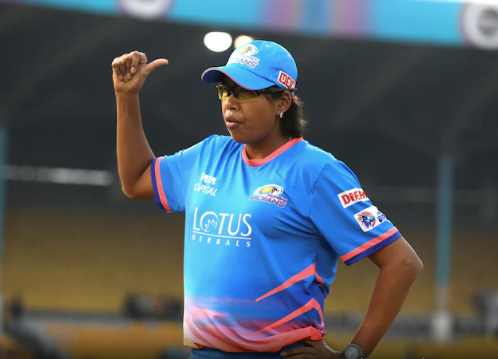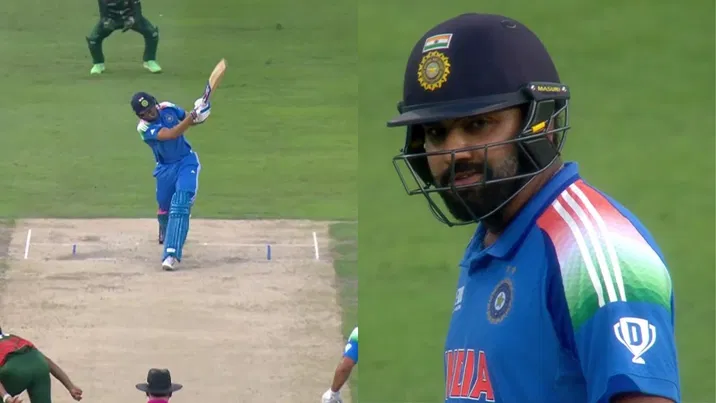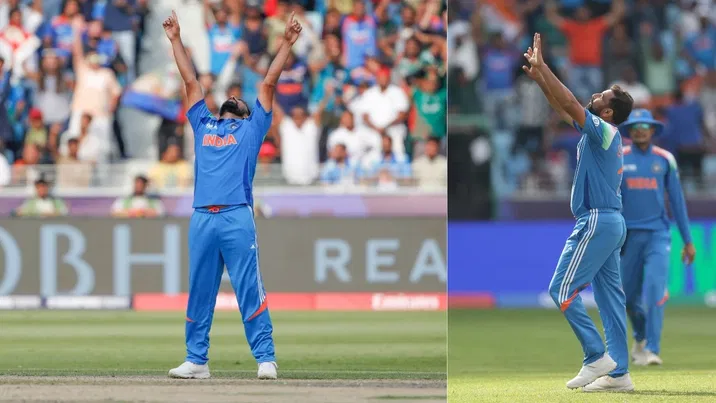
(BCCI Photo)
Jhulan Goswami, the former India fast bowler and leading wicket-taker in women’s ODIs, has asserted that franchise cricket represents the future of women’s cricket and advocated for prioritizing each franchise league.
She believes that the rapid expansion of T20 leagues like the WPL, Women’s Big Bash League (WBBL), The Hundred, and the Women’s Caribbean Premier League (WCPL) has heightened the debate between club and country in women’s cricket. Goswami argues that these leagues are crucial for the sport’s global advancement and should take precedence over bilateral series.
“Earlier, we saw these things happen for men’s cricket but never expected it to happen for women’s cricket, but that’s happening. And I’m happy to see that. The ICC needs to take care, franchise cricket is the future of women’s cricket. And that’s the growth of women’s cricket globally. You have to give priority to every franchise league; otherwise, cricket will not grow,” Jhulan said on said on ESPNcricinfo’s Powerplay podcast.
Jhulan Goswami, currently serving as a bowling coach and mentor for the Mumbai Indians in the Women’s Premier League (WPL), has addressed the ongoing conflicts between franchise leagues and bilateral series, describing them as a significant challenge for women’s cricket.
This issue became particularly evident earlier this year when England’s tour of New Zealand overlapped with the WPL. England captain Heather Knight opted to prioritize her national duties, missing out on playing for Royal Challengers Bangalore in the WPL. Similarly, players like Lauren Bell, who were also involved in the Asia Cup, faced difficult decisions, underscoring the escalating conflict between national and club commitments.
“See how many quality cricketers were produced by franchise cricket in the last few years, starting with the WBBL as well as the Hundred, WCPL, WPL. A lot of youngsters they’ve provided every year so you have to give priority to those windows and after that you have to have bilateral series. If you have your bilateral series and franchise leagues clashing, then you will lose out on quality cricketers,” Goswami said.
She believes that the key is to meticulously design the cricket calendar to ensure that both franchise leagues and bilateral series can thrive without diminishing the quality of either.
“And if you don’t have quality cricketers, then your tournament is not going to be successful. In women’s cricket we don’t have a lot of options, a few quality cricketers we have in the world. If they’re occupied in bilateral series, then the volume of the (T20) tournaments is going to go down.
“We should make sure that when the premier league (franchise) tournaments are going on, give them certain windows and after that you have the bilateral series. It will help women’s cricket’s growth also. That is my personal view.”




